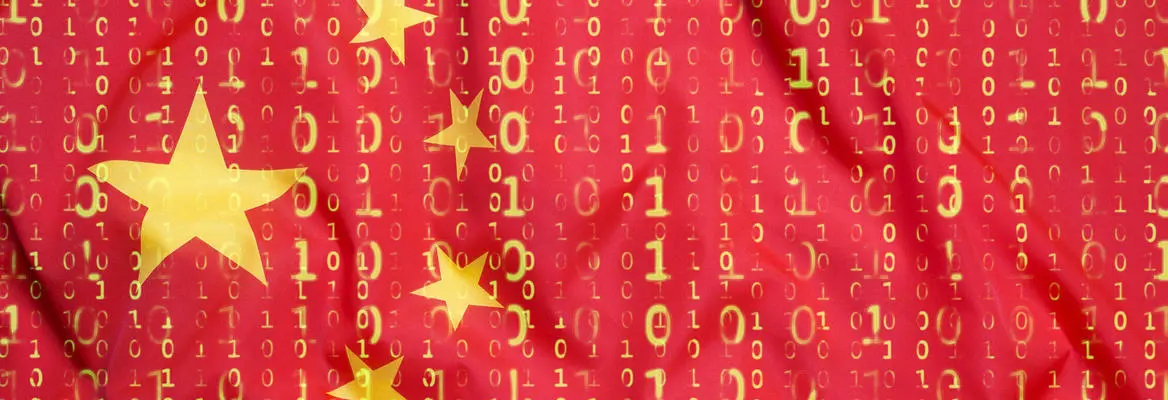The advent of 5G networks won't just be another step in technology's steady advancement, but a huge leap forward in how we communicate with each other. The US dominance in advanced technologies is eroding fast, and China is now bent on an all-out effort to become the world leader in everything from AI to quantum computing, writes Nigel Inkster.
If there ever was a “Golden Era” in Sino-UK relations, the UK government’s announcement on 14 July 2020 that it would exclude the Chinese telecommunication national champion Huawei from the UK’s 5G network brought it to an end. Huawei was not the only reason that Sino-UK relations have deteriorated. China’s growing assertiveness over the past decade has forced many liberal democracies to reappraise their relations with a country that seems determined to challenge the US-led world order that has formed the bedrock of international relations for the past seventy years. And specific issues including China’s initial delays and cover-up in addressing the Covid-19 pandemic, its oppression of the Uighurs in Xinjiang and its imposition of a draconian national security law in Hong Kong have further exacerbated tensions. The Chinese government has reacted badly to the Huawei decision claiming that it undermines trust in the UK as a commercial partner and it has threatened unspecified consequences. So far these have not materialised but UK companies seeking to do business in and with China may well find the climate less welcoming.
In making the difficult decision to exclude Huawei the UK government has found itself at the centre of a geo-political contest between the USA and China in which advanced technologies play a key role. This contest has been long in the making. At the beginning of the 19th century China was one of the most prosperous and best-governed countries on the planet, accounting for 30% of global economic activity. For most of recorded history it had been a science and technology leader accounting for 25% of all inventions including the four which Francis Bacon described as ushering in the modern era: paper, printing, the compass and gunpowder. But in the fifteenth century the country turned in on itself, lost sight of many of its earlier scientific and technical achievements and missed the Industrial Revolution. When western powers, led by the UK, forced China to open its doors to trade, the country was in no position to resist. Since then China has been on a long journey to achieve a modern identity and recover the cultural self-esteem it lost in its encounter with a west empowered by modern technologies.
Operating in a climate of state enablement that set overall strategic objectives but otherwise gave businesses their head, these entrepreneurs practised an extreme form of dog-eat-dog capitalism.





















Join the conversation